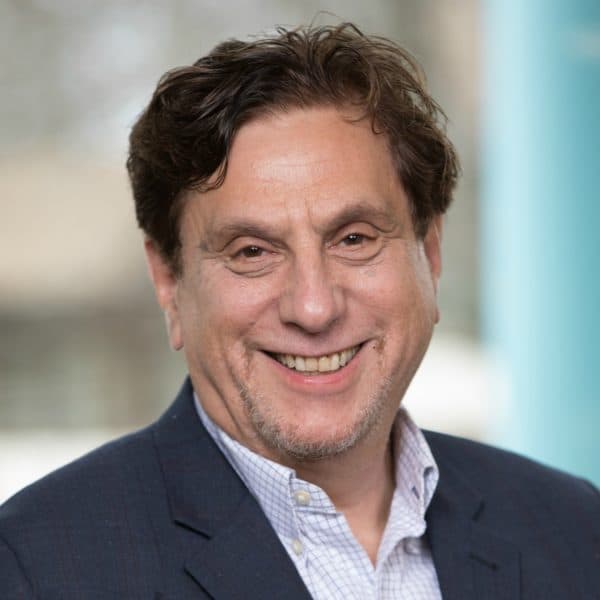Advertisement
Commentary
When A Parent’s Narcissism Is The Root Of A Child's Shame

Alice Miller, the eminent Swiss psychoanalyst, wrote a bestselling book decades ago, “The Drama of the Gifted Child,” which addressed how parental narcissism holds children back from exploring their own creativity and potential. Children raised to live up to the dreams of narcissistic parents are forced to stifle their own dreams, and as a result, develop a false sense of self that lacks vitality and self-actualization.
In the wake of the recent college admissions bribery scandal, the topic of parental narcissism is more relevant than ever. At the heart of this scandal, to be sure, are a group of super-ambitious, brand-oriented adults. They wanted their youngsters — perhaps not gifted or hard-working enough for the elite college track — to get a piece of the elite glory. As a faculty member in such a University, as well as a researcher in youth development and clinical practice, I have been reflecting on how anything productive could emerge here.
What the parents implicated in this scandal ignored is the fact that adolescence and emerging adulthood is a time for children to explore their identities under protective conditions — in the the safety of home, college and among trusted adults and peers. This includes time to figure out what their ethical and moral beliefs are and how these relate to and potentially transcend the beliefs of their own parents. Now, just imagine what it’s like to embark on that exploratory journey after being admitted to a college under fraudulent circumstances, amidst a web of moral and ethical contradictions and dishonesties.
Parents who engage in fraud to get their kids into college commit egregious acts not only against society and all those who work hard for their admission, but also against their children.

What must it be like for the kids whose parents have now been caught? It’s easy to assume the kids must have known, and to feel the same anger and outrage toward them that we feel toward their parents and the other adults involved in the alleged crimes. But adolescents are different from adults and we need to provide students with chances for growth, despite our justified indignation.
Will these students choose to stay at the colleges they may now be attending, under false pretenses, if the college allows them to stay? How will they live with themselves and with others around them? How do they feel about their parents and their network of family and friends from home?
From my work as a researcher and in my clinical practice helping families through different types of discord, secrecy and transgression, I’ve tried to imagine how these students, now exposed, might be feeling. I imagine many will deny wrongdoing or will rationalize that many people cheat and lie or buy their way into college in perfectly legal ways. It would be too bad if these students get stuck in this defensive posturing.
Behind such attitudes lies shame -- at having been implicated, exposed and left unprotected.
Behind such attitudes lies shame — at having been implicated, exposed and left unprotected. Shame has a powerful, visceral effect and those experiencing it may be having difficulty sleeping, eating and interacting with friends and professors on campus. These students may hold tremendous conscious or unconscious anger and frustration toward their parents; they may feel quite fragile in the process. Shame lies at the heart of many mental health disorders well into adulthood and old age. But there are ways to transform shame into growth — by becoming real and waking up to what actually happened and ending deception.
To truly transform shame into growth, these students must first own any role they may have played in the admissions fraud. Then they must begin to make decisions for themselves. That most likely means leaving the schools they were accepted to fraudulently, if they haven’t already been asked to leave. They might transfer and start fresh at a school that feels like the right fit — for them. They might find a community and start making their own choices and growing the skills they need to succeed.
These young people will also need to come to terms with the adults who betrayed them, the schools and the community. In many cases, professional help will be needed to do the work of rebuilding and restoring trust, a deep learning experience for all involved if families are willing to do this difficult work.
Colleges and the courts will hopefully create the consequences for those implicated in the admissions fraud — parents and students alike who may have knowingly cheated and stolen spots from more deserving applicants. But all of us impacted by these acts also have a job to do.
We need to figure out how to create pathways for young people who do transgress and help them find ways back to us. We must provide structure and support for these young adults, perhaps focused on public service or volunteer opportunities. All young people deserve a second chance, if they’re willing to do the work of owning what they did, repairing the harm it may have caused and living a life of truth going forward.
